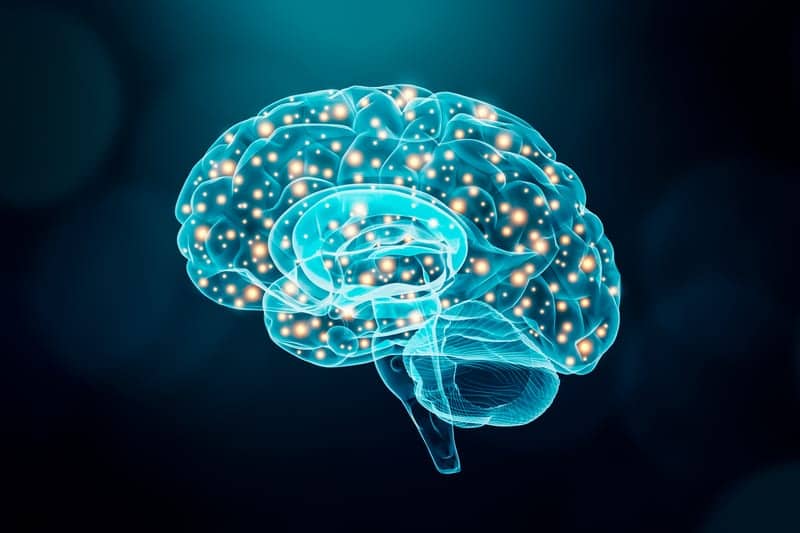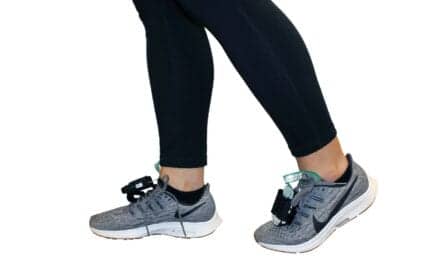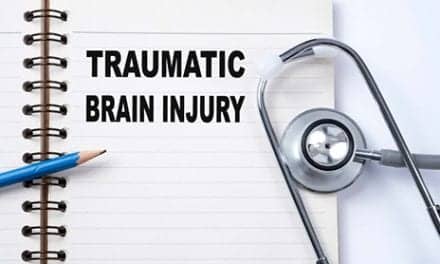NYU Langone Health announces a new at-home service for transcranial direct current stimulation (tDCS)—a type of noninvasive brain stimulation.
The program, currently available to patients in almost every state, provides virtual treatment for a range of cognitive, motor, speech, or mood symptoms that can occur in an array of neurological and psychiatric conditions. tDCS has been extensively studied for use in treating symptoms related to multiple sclerosis (MS), movement disorders, and recovery from stroke, and as treatment for depression and fatigue.
There also is early indication that tDCS treatment may help with recovery following a coronavirus disease (COVID-19) infection, a media release from NYU Langone Health explains.
“Many individuals with neurological and psychiatric disorders have difficulty leaving the house because of their condition. This virtual program brings the latest treatments directly to our patients, enabling us to reach more people.”
— Leigh E. Charvet, PhD, professor in the Department of Neurology, who leads MS-related tDCS research at NYU Langone
About the tDCS Program
Patients enrolled in the tDCS Program connect to the video visits using the free NYU Langone Health app. They wear an electrode headset that applies a low-grade electric current on the scalp, which makes it easier for neurons to fire. Patients also may perform a series of therapeutic activities during the stimulation session at the direction of their provider.
“We create a personalized care plan for each patient that supports their individual needs and goals. Treatment can include activities like seated motor exercises or playing cognitive training computer games.”
— Leigh E. Charvet, PhD
For more information, visit NYU Langone Health.
[Source(s): NYU Langone Health, PR Newswire]
Related Content:
Deep Brain Stimulation Touted as Parkinson’s Therapy
Brain Stimulation May Help “Defrost” Stroke-Impaired Arms
Noninvasive Brain Stimulation May Provide Long-Term Relief of Post-Stroke Pain





